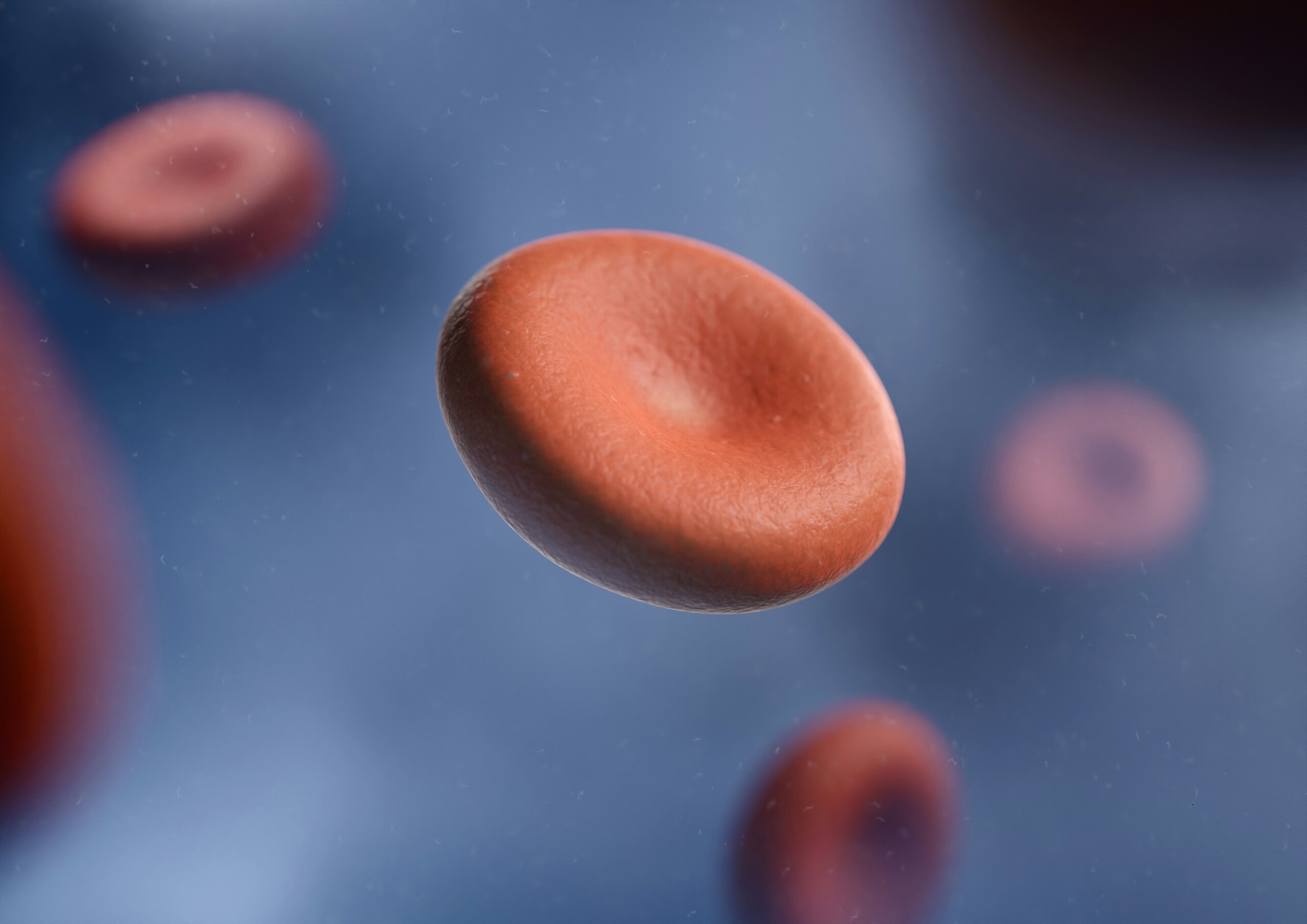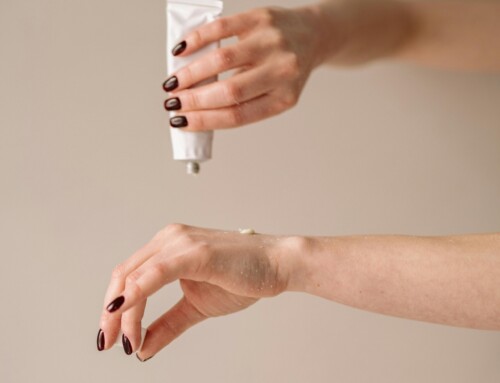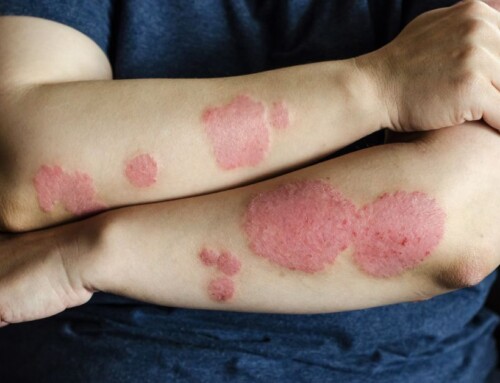Share
Author
Kohei Iguchi
Share
Iron – Is It Making Your Eczema Worse?

Low Iron and Eczema
It might sound surprising, but your iron levels can play a significant role in managing eczema symptoms. While iron deficiency isn’t the direct cause of eczema, it can certainly fuel the fire of inflammation and worsen your skin over time.
Think of it this way: iron is crucial for a balanced immune system. Research even suggests that iron deficiency during pregnancy can increase a child’s risk of eczema, and both children and adults with allergies are more prone to anaemia.
Why is this? Iron directly impacts certain white blood cells called mast cells, which are key players in allergic reactions. When you have enough iron, it helps keep these mast cells from overreacting and releasing excessive histamine – a major trigger for skin irritation and itchiness.
In simple terms, low iron can crank up your body’s allergy response and inflammation, making your eczema symptoms more intense. What’s more, constant inflammation can make it harder for your body to absorb iron, and persistent itching and bleeding from eczema can even lead to iron loss. It’s a tricky cycle that can leave your skin feeling perpetually irritated!
Why Are Your Iron Levels Low?
While it’s easy to get your iron levels checked by your doctor, understanding why they might be low is crucial for effective natural treatments. Here are some common culprits:
- Dietary Choices: Vegan or vegetarian diets, if not carefully planned, can sometimes lack sufficient iron.
- Gut Health: Inflammation in your gut can significantly reduce iron absorption.
- Absorption Blockers: Certain foods and drinks (like tannins in coffee, tea, and wine), as well as inadequate Vitamin A and C, soy proteins, phytates, and fibers, can hinder iron absorption.
- Blood Loss: Heavy periods or intestinal bleeding can deplete iron stores.
- Pregnancy: The increased demands on your body during pregnancy can lead to lower iron.
- Hidden Invaders: Intestinal worms or parasites can steal your body’s iron.
- Medication Use: Long-term use of certain medications, such as aspirin, NSAIDs, and proton pump inhibitors, can impact iron levels.
- Environmental Factors: Heavy metal toxicity (mercury, lead, cadmium) can block iron absorption.
- Active Lifestyle: Excessive sporting activity, especially high-impact exercise, can sometimes contribute to iron loss.
Simply increasing iron intake with food or supplements might not be enough if an underlying issue, like a parasite, is present. At Waterwell Clinic, we focus on identifying the root cause of your iron imbalance to provide the most effective natural treatments for your skin.
The Other Side of the Coin: Too Much Iron and Your Skin
Interestingly, having too much iron can also lead to dry, itchy skin! Conditions like thalassemia and hemochromatosis can cause an iron buildup in the body. This excess iron can deposit in skin tissues, irritating nerve endings and triggering histamine release from immune cells. These conditions can also lead to other skin issues like hyperpigmentation (often called ‘bronzing’ of the skin) or even hives and fungal skin infections.
Finding Your Balance: 5 Tips for Healthy Iron Levels and Happy Skin
It’s clear that striking the right balance with your iron levels is vital for managing eczema and maintaining overall skin health. Too little or too much can both cause your eczema to flare!
Here are some natural tips to help you achieve that balance:
- Get Tested: The first step is always to understand your current iron levels. Talk to your doctor or naturopath about getting your iron levels tested.
- Adjust Your Diet: Based on your test results, make informed dietary changes. If you are low in iron, consider increasing iron-rich foods and/or supplementation especially if you are on a vegetarian or vegan diet, and reduce iron depleters like coffee and tea. if your iron levels are too high, consider doing the opposite.
- Herbs for Support: Certain herbs can naturally support healthy iron levels. Consider incorporating stinging nettle, dandelion, alfalfa, parsley, or moringa into your routine (always under professional guidance, especially if you’re pregnant or on medication).
- Balancing Herbs: For those needing to regulate iron, herbs like turmeric, green tea and nigella sativa (black cumin seed) have shown promise in supporting balanced iron levels. Black seed oil is particularly effective when mixed with manuka honey to manage iron overload, as well as providing an anti-allergy property to reduce histamine production and release.
- Holistic Approach: At Waterwell Clinic, we look at the whole picture. We’ll explore underlying factors contributing to your iron imbalance and develop a holistic natural treatment plan tailored to your unique skin and health needs.
Does this information help you understand the connection between iron and eczema better? We’re here to help you on your journey to clear, comfortable skin!



